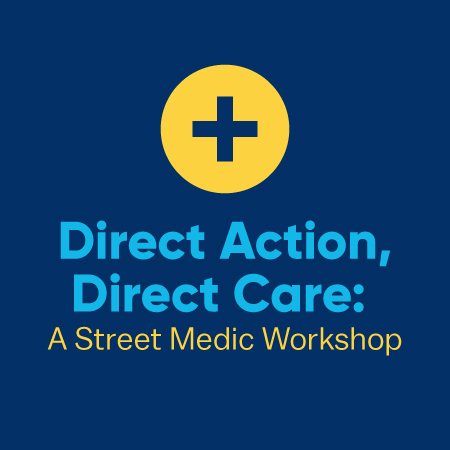 November 21, 2025 — When PEF members Myron Getman and Michael Popowich decided to go bowling together one recent evening with friends and family, neither one of them expected that they would be faced with a life-or-death situation. Thankfully, both members were prepared to act thanks in part to training offered by PEF and AFT.
November 21, 2025 — When PEF members Myron Getman and Michael Popowich decided to go bowling together one recent evening with friends and family, neither one of them expected that they would be faced with a life-or-death situation. Thankfully, both members were prepared to act thanks in part to training offered by PEF and AFT.
Getman and Popowich, who work as research scientists at the Department of Health in Albany, bowl regularly with family and friends. On a night when most of their local alleys were booked with league games, they made their way to Green Island Bowling Alley.
“There was just one older man and the guy running the place when we got there, so we got settled in, picked up our bowling balls and started our game,” said Getman. “But then Sara, Mike’s wife, told us that a man had fallen and when we turned around, I could tell that he didn’t just trip. He was face down.”
Getman recalls feeling like he went on autopilot. After calling for someone to dial 911, Getman and Popowich began to administer CPR.
“I had taken a CPR course some time ago, so I knew how to react,” said Popowich. “But Myron really helped me by making sure my compressions were on time and taking charge of the situation.”
Getman and Popowich took turns administering CPR and when they realized the man was coming to, they placed him in “recovery position”—a first aid technique where a person who is unresponsive or having trouble breathing is placed in a position with their head tilted back to keep their airway open—and cleared the way for EMS to handle the rest.
Getman learned the techniques at training offered by PEF and AFT that teaches union activists how to be “street medics.” The daylong workshop, called “Direct Action, Direct Care,” was pioneered by AFT’s Health and Safety team with the idea of protecting union members who participate in collective actions, like protests. The training covers the Good Samaritan law, common adult first aid, assessment and triage, as well as teamwork and scene safety.
PEF Health and Safety Specialist Michael Marquez conducts the training across New York State with AFT’s Keith Wrightson.
“The course is being offered to local AFT affiliates, including PEF, to build capacity and increase membership involvement in rallies, marches and protests that are occurring nationwide,” said Marquez. “PEF members may encounter medical emergencies at home or at work. The lifesaving skills that are taught during the class can be applied to a variety of situations and may be used to help a coworker, family member or friend.”
So far, PEF and AFT have partnered to bring the training to members in Regions 3, 8, 10 and 11. Additional sessions are planned.
“I did the training as part of my OSHA-30,” said Getman, referring to a certification course offered by the Occupational Safety and Health Administration. “It goes over all the usual things most people know, like how to handle heat strokes, but it also goes over how to treat puncture wounds, how to carry people out on stretchers, setting splints, how to treat people when they’re affected by tear gas and other first aid.”
Getman took the course about a week before the incident at the bowling alley.
Both Popowich and Getman felt the stress of the situation but were relieved that they were able to act quickly.
“I had my son with me, so I am sure there was a bit of stress added to his day,” said Popowich. “But I think we helped keep things from getting worse.”
The last Popowich and Getman heard, the patient they helped stabilize was recovering at a hospital. They both agree that the street medic training offered by PEF and AFT should be taken by as many people as possible.
“In a situation like this, even if you are not the one administering CPR, you can still assist,” said Getman. “I think we saved his life. How can you downplay the capacity of being able to do that? Solidarity doesn’t end at the shop floor.”
PEF members who would like to take “Direct Action, Direct Care” training should contact their Regional Coordinator.

